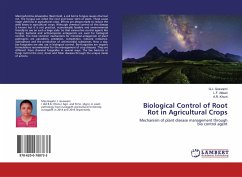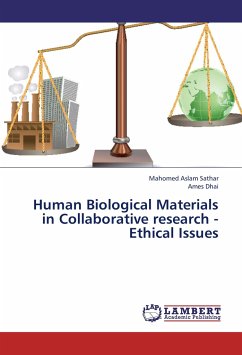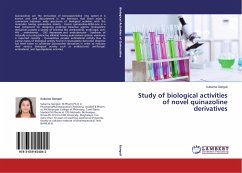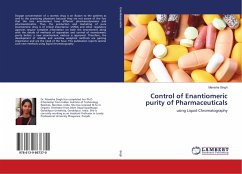Macrophomina phaseolina (Tassi) Goid, a soil borne fungus causes charcoal rot. The fungus can infect the root and lower stem of plant. These cause major yield loss in agricultural crops. Efforts are always made to reduce the yield losses in agricultural crops. Although chemical control of this disease is known but it is not practical, economically feasible and environmental friendly to use on such a large scale. So that various bio control agents like fungal, bacterial and actinomycetes antagonists are used for biological control. The most common mechanisms for microbial antagonism of plant pathogens are parasitism, predation, competition, induced resistance, siderophore and the production of antimicrobial substances. Now a day, bio-fungicides are also use in biological control. Bio-fungicides are organic formulations recommended for the management of crop diseases. They are different from chemical fungicides in several ways. The live bacteria or fungi control the root, shoot andfoliar diseases through the unique mode of actions.
Bitte wählen Sie Ihr Anliegen aus.
Rechnungen
Retourenschein anfordern
Bestellstatus
Storno








